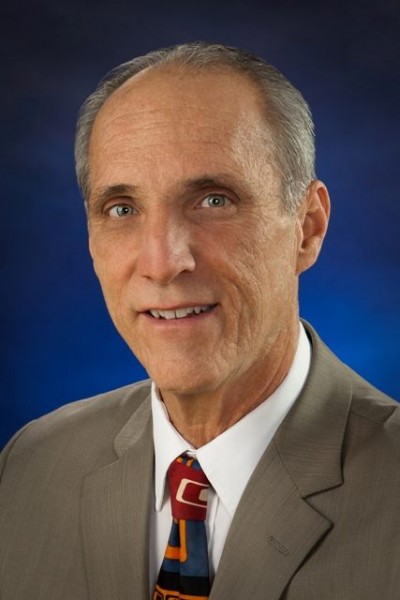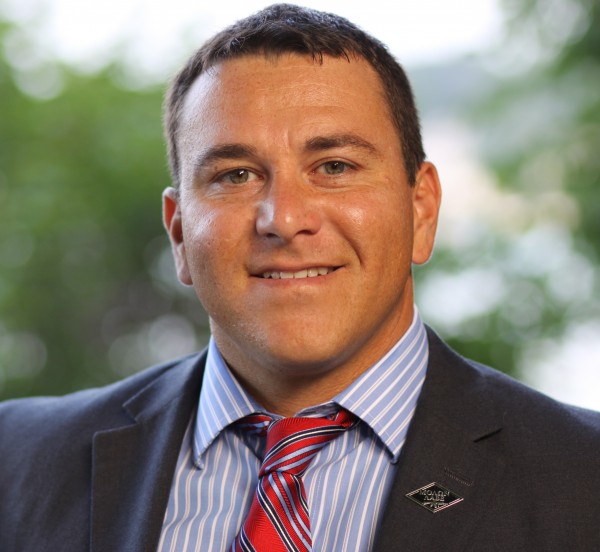Warsaw Community Education Association Questions District 22 Candidates
Warsaw Community Education Association submitted a short survey regarding educational issues to the three candidates running for the Indiana House of Representatives, District 22.
Education in Indiana is intrinsically tied to the politicians we elect to office. WCEA, the Warsaw teacher’s association, while not endorsing specific candidates, encourages the public to be as well informed as possible when going to cast their votes.
Below are the six questions posed to the three District 22 candidates for the Indiana House of Representatives followed by the responses of the Candidates. Note that one of the candidates, Curt Nisly, chose not to respond to the questions.
None of the responses were edited. They are printed here as they were submitted.
What is your position on the level of funding currently being provided for education by the Indiana State Legislature?
DAVID KOLBE: “I believe the funding level for our schools is insufficient. Our schools continue to lose such funding and I will endeavor, working Glenda Ritz, to reverse this trend.”
“Looking at what is happening more broadly, I disagree with the prior education agenda of Governor Daniels, Tony Bennett, and the Indiana Legislature in 2011 which have been in place now for three years. They injected politics, competition, and one size fits all for school districts. They also created a funding formula which results in less and less monies available for local districts. The agenda has disempowered our teachers and forced staff and pay cuts. It also discourages new teachers from joining the ranks of the profession. Our children ultimately pay the price.”
MICHAEL STINFER: “It’s completely wrong and needs assessed immediately.”
Many educators are concerned about the inequities inherent in the current teacher evaluation system called RISE. Is there a need for a change in this evaluation instrument?
KOLBE: “There are inequities and quandaries in the RISE evaluation system. In my discussions with teachers and administrators it is clears adjustments are in order. Teachers and administrators know this far better than any legislator. I am developing a working relationship with Superintendent Ritz who, I believe, is aiming toward a teacher evaluation system which is more compatible with teaching realities. I have personally assured her that if I am in the House I will be an advocate on her behalf and for all those in our public education system.”
“I again look at the broader picture from public policy standpoint. This will be my job as legislator. The RISE evaluation process flows from injecting politics into education. Measurements of teacher performance are good but when they are put on the platform of competition on a statewide or even national basis, the link between quality teaching and fair evaluations becomes tenuous. Evaluations must be largely local regarding teachers, administrators, and school systems.”
STINFER: “I do believe there is a need to change RISE. The teacher cannot be held accountable for important developments and learning that MUST takes place in the home. I believe it is important to have some form of standard. One that properly assess and engages the teachers and our learners. Not only with testing but with real world application. Let’s think outside the box. Week long immersions in different industries? Why wait until a learner is a senior to do a co-op? Get the student out there engaged, and apply his/her learning. Learning what it means to truly fail, and how to get back up and try again.
To follow up the question 2, should local school corporations have more autonomy in developing appropriate evaluation instruments for their teaching staff?
KOLBE: Local schools should have more autonomy in evaluating teacher performance. Student achievement is largely based on socio-economic and family status. School districts and teachers in impoverished areas may rate low on generic measurement standards but may actually be performing at top level given their circumstances. A combination of local and reasonable generalized standards is the most reasonable approach.
STINFER: Yes, they should. I think the biggest concern, is that- how can you properly evaluate the teacher’s or the student’s when the bureaucracy continues to change platforms when someone at the top gets hit with the good idea fairy? Take them out of the equation and let the teacher’s teach. I understand adapting and changing to be successful in environments but all this is truly doing in the end is disrupting the learner as well as the teacher’s positive impact.”
What is your position on funding of charter schools?
KOLBE: “I am concerned about Charter Schools. Their funding, in my view, ultimately serves to disempower public schools by diminishing funding. the premise, in part, of Charter Schools is to inject competition into our educational process. When public schools receive less funding it puts them at a disadvantage to begin with thus creating a vicious cycle. The jury is still out, as well, on whether Charter Schools offer any better education than our public schools.”
“Charter Schools are an example of injecting politics and competition into the education process. The best interests of our children should prevail, not a veiled business model for school competition.”
“I add that the voucher system also gives me pause. I am essentially opposed to vouchers for two reasons. First, vouchers take monies away from our already distressed public schools. Second, vouchers may constitute a violation of the First Amendment separation of church and state. I am told that a large number of vouchers are used by parents to send their children to sectarian religious schools. I strongly favor the right of parents to do so, but not with tax rebates.”
STINFER: “I think we seriously need to review them. The answer isn’t to get rid of them either. This would hurt those learners that are in these learning environments now. Why should they have to suffer at the expense of bad policy making? I have a hard time with state dollars funding these ventures.”
Many educators are concerned about the continued recruitment and retention of quality teachers. How might you introduce legislation to deal with this issue?
KOLBE: “Largely, in my view, recruitment and retention of quality teachers has to do with appropriately pay for teaching professionals. This then becomes a funding issue. I am willing to look at legislative avenues to address the problem. This includes a re-evaluation of property tax policy, legislation to transfer funding formulas back to local control, consideration of tapping the rainy day fund for some appropriation, and other potential sources. Governor Pence is proposing a 3% across the board budget cut in the state government for the next budget session. I will resist any further cuts to public education.”
“My party strongly supports public education and Superintendent Glenda Ritz. But it is important to note that we hold a minority in both the House and Senate and the Governor is the opposite party. This means that any changes must be expected must be expected to be incremental. I nonetheless will endeavor to advocate for our teachers, administrators, support staff and for the viability of our public school system should I have the honor of serving in the house.”
STINFER: “Utilize the surplus and implement policy that leave no teacher behind. The success of this state will require the bar to be raised on the Hoosier education. Knowledge is power, and I plan on fighting for every teacher in order for them to have a fair wage and tools to complete that mission. Equipping our learners to be the best is invaluable to Indiana’s success. We will do that with the quality of our teacher. Quality before quantity. This shouldn’t even be an issue.”
Overall, what is your biggest concern with the state of education in Indiana?
KOLBE: “The funding formula put in place in 2011 has been devastating to school budgets. Further, the competitive model injected into public education by Tony Bennett and Governor Daniels, including the advent of charter schools and vouchers, has put our public education at a further disadvantage. Competition may be a valid business model in our economic system but, in public schools, it creates strategies contrary to authentic educational goals. Finally, while teacher evaluations are proper, the current model raises questions of fairness and accuracy.”
“I have repeatedly stated that healthy and vibrant public schools are the lifeblood of our communities.”
STINFER: “My biggest concern is the grid-lock and the quality of education decreasing because of that grid-lock. Working together as one team- teachers, more parent engagement, students, and the school. All being accountable to one another. Let the teachers teach and give them all the tools to do so. Very basic and common sense approach. Also, it appears, we base a majority, if not all, policy making off of Indianapolis education, we will fail as a state if we continue down that path. Learners in our district are different than the learners in Indy. The regionalization with education has got to go.”
[EDITOR’S NOTE: The candidates’ answers were transcribed from a press release from Warsaw Community Education Association. No changes, including changes to style and grammar, were made to the candidates’ text found in the release. The original press release can be found here.]


